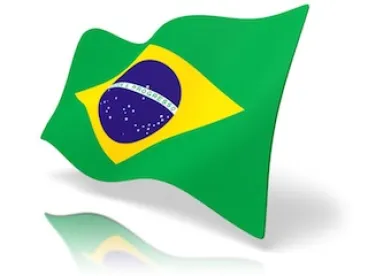In this post, we continue to examine the Office of the United States Trade Representative (USTR) 2016 Special 301 report (Report) reviewing the state of intellectual property rights (IPR) protection and enforcement in U.S. trading partners around the world. The Report details the results of extensive research and analysis, which led to placing eleven countries on the priority watch list and twenty-three on the watch list. Brazil remains on the Watch List in 2016.
Despite efforts to protect against online piracy, significant concerns remain over the high levels of piracy and counterfeiting in Brazil. In order to create public awareness and enact enforcement campaigns, the National Council on Combating Piracy and International Property Crimes (CNCP) was identified in past years as an effective entity for carrying out public awareness and enforcement campaigns. Unfortunately, the CNCP was underutilized and overall ineffective in 2015. In the Report, the United States urges Brazil to provide resources for intellectual property (IP) enforcement and seeks further commitments from the country on the strengthening of its IPR protection and enforcement measures.
The Report also addresses the continued problem of significant delays in the examination of patents and trademarks, which, on average, take about eleven and three years, respectively. In early 2016, the United States-Brazil Patent Prosecution Highway pilot program was enacted to expedite the patent examination process in Brazil, specifically for inventions related to the oil and gas sector. Despite this positive step forward, there is still a duplicative review of pharmaceutical patent applications by the National Sanitary Regulatory Agency (ANVISA) which lacks transparency, exacerbates delays of patent registrations for innovative medications, and prevents patent examination by the National Institute of Intellectual Property (INPI).
Furthermore, although there are laws and regulations in Brazil to protect veterinary and agricultural chemical products against unfair commercial use of undisclosed test data and other data generated to maintain marketing approval, these same laws and regulations do not apply to pharmaceutical products. Additionally, the Report notes that actions are being taken by INPI to invalidate or shorten the term of certain “mailbox” patents for pharmaceutical and agricultural chemical products. The Report concludes that the strengthening of IPR enforcement and protection for foreign and domestic right holders as well as expediting the examination of trademarks and patents is essential for continued innovation and investment in Brazil.




 />i
/>i


